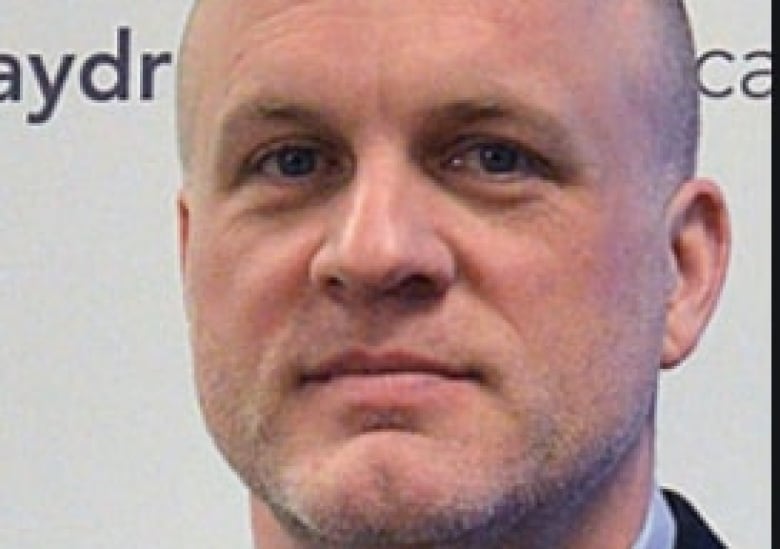Alberta safe supply committee report not up to standards, experts say
Report author says work is sound

A government-commissioned report examiningsafe supply of drugsis coming under fire from a group of addiction scientists and clinicians who say the work is deeply flawed.
In January, an Alberta legislativecommittee began studying whether safe supply programs could reduce drug poisoning deaths in the province.
As part of its work, it commissioned Simon Fraser University's Centre for Applied Research in Mental Health & Addiction to do a rapid research review on the topic.
In the review the authors state theychose to use the term "public supply of addictive drugs (PSAD)," explaining that "safe supply" would presume the outcome of the review.
The reviewers concluded that in all the research they looked at, they found no evidence of benefits to adopting safe supply.
But the way the review was conducted raised concern among more than 50 addictions researchers and clinicians who signed a letter that was sent to the legislative committee on Monday.
"It just does not stand up to established scientific standards," said Thomas Kerr, director of research for the BC Centre on Substance Use (BCCSU) in an interview Monday.

"That's because the authors skipped a number of important steps in conducting the review, and it just simply doesn't reflect the state of the evidence in the area," Kerr said.
The letter lists a number of concerns the signatories allege about the report, including:
- Its conclusion is not based on existing evidence;
- It does not accurately describe safer supply interventions;
- It does not accurately portray the preferences of people who use drugs;
- It mischaracterizes the research expertise of those currently evaluating safer supply;
- Recommendations that go beyond safe supply are notbased on scientific evidence;
The BCCSU was invited to speak to the legislative committee, but Kerr said they declined because the committee wasn't speaking to people who use drugs or their families, and because of what they saw as an overreliance on people who have a history of being critical of safe supply.
When asked about the letter on Monday, Associate Minister of Mental Health and Addiction Mike Ellis criticized the media for not covering the testimony the committee has been hearing from experts it has called, and said he didn't plan to comment further until more coverage is done.
He also noted theBCCSU declinedan opportunity to speak to the committee.
"I have some concerns as to why they did not want to testify. I'm concerned about the politics for which they are playing," Ellis said Monday.
Author defends work
In an email, Julian Somers, director of the Centre for Applied Research in Mental Health & Addiction, said he and his co-authors are "enthused that our review has elicited such an impassioned reaction from Canada's 'harm reduction' establishment."
"We advocate for a sea change in Canadian addiction practices away from a reliance on medications and toward evidence-based interventions that address root causes of addiction," Somers said. "In contrast, the BCCSU's signatories call for a major increase in public spending on addictive drugs, an approach that the Stanford-Lancet Commission described as 'an informal system of pharmacological sedation of poverty.'"
In April, all NDP committee members resigned, accusing the government of packing the speaker list only with experts who oppose safe supply.
The committee was supposed to prepare a report with recommendations by April 30, but the deadline has been extended to June 30.
With files from Michelle Bellefontaine












_(720p).jpg)


 OFFICIAL HD MUSIC VIDEO.jpg)
.jpg)



























































































